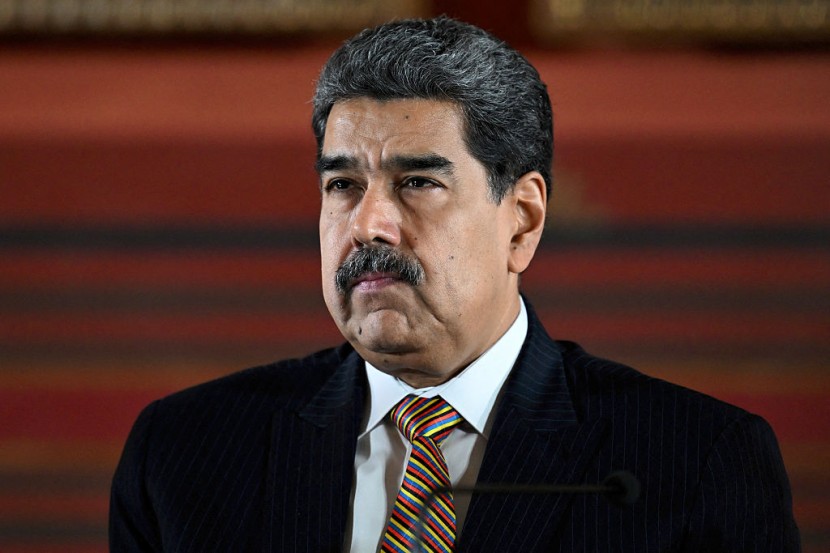
Venezuela's authoritarian President Nicolas Maduro would be open to leaving power in exchange for amnesty for him and his lieutenants, the lifting of the bounties on his head and a comfortable exile, according to a new report.
Citing people who have dealings with Caracas, The Atlantic noted that there are some in the U.S. who propose resuming negotiations with the regime, rather than the ongoing military campaign pressure that includes strikes against alleged drug vessels in the region.
The outlet added that military leaders who could potentially take over from Maduro wouldn't have many incentives to hand over power to the U.S.-backed opposition led by Maria Corina Machado. Another possibility is that they splinter, creating factions that end up in infighting.
In this context, one of the people who have dealings with Caracas opened the door to the negotiated exit: "If there is enough pressure, and if there is enough candy in the dish," the person said. "Everything is on the table with Maduro."
Maduro, in the meantime, continues to claim the country is ready to stand against the U.S. despite its military superiority. He taunted Trump on Thursday, saying: "14 weeks of threats, saying gringos have 15 ships, 2,600 missiles, 100 planes. Now that boat, what's the name of the largest ship? The Ford. Do whatever you want, we won't be rattled," Maduro said.
The claim follows a report claiming that President Donald Trump expressed reservations about ordering strikes in the South American country, fearing Maduro won't leave power even in that case.
The Wall Street Journal detailed that the strategy remains fluid and decisions can change. A similar argument was given by Trump officials who told lawmakers in a briefing that the administration does not currently have legal authority to launch military strikes inside the South American country.
However, they said, the administration is now seeking a new Justice Department opinion that could allow such attacks without congressional approval.
According to CNN, Secretary of State Marco Rubio, Defense Secretary Pete Hegseth, and an official from the Office of Legal Counsel (OLC) informed lawmakers that the existing OLC opinion—written to justify strikes against suspected drug-trafficking boats in international waters—does not apply to land targets in Venezuela or elsewhere in the region.
In the meantime, however, the U.S. continues to conduct strikes against alleged drug boats and fly aircraft close to the country's shores. On Thursday, the U.S. flew bombers less than 50 miles from the Venezuelan coast. And Hegseth announced a new strike on an alleged drug vessel on the same day, killing three.
Originally published on Latin Times
© 2025 Latin Times. All rights reserved. Do not reproduce without permission.








